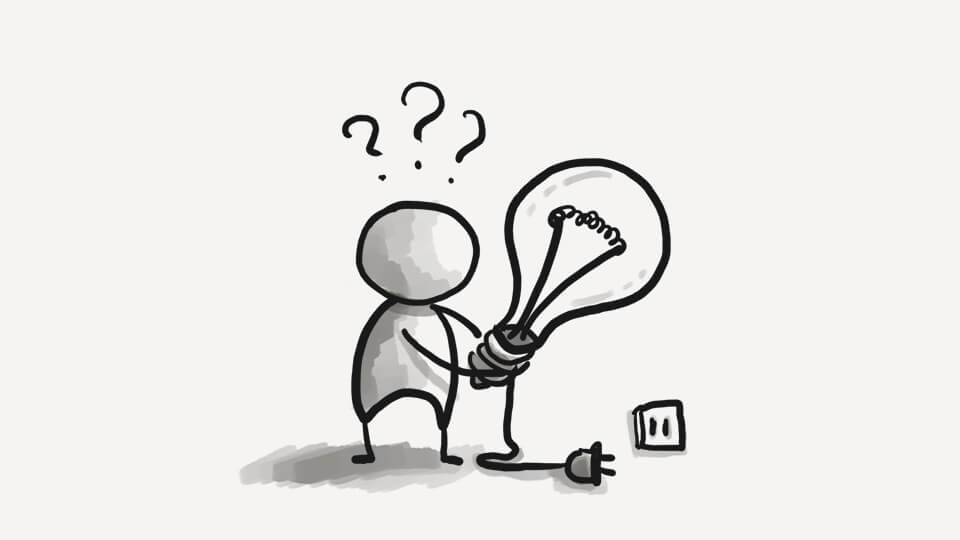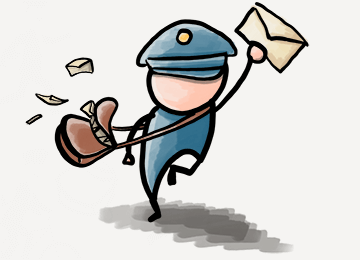I recently developed a habit of taking cold showers in the morning. It didn’t seem that strange until I realized that cold showers make no sense as far as the science of habit formation goes.
Typically, a habit forms when there’s a repeat cycle of cue, want, behavior, and reward. But what kind of a cue do I have to take a cold shower? When I’m in the shower, I don’t want to do it because my body, still hot after a nighttime sleep, will find itself under a torrent of cold water—extra cold, in fact, the initial blast consisting of the water that lingered in the metal pipes overnight. The sensation is nowhere near the kind of refreshing often advertised by other enthusiasts of cold showers. Two seconds in, and I want to jump out, run to the bedroom, and dive under my blanket just in case there’s any residual body heat left there. And, after I’m done showering, there’s no reward, except for, maybe, that the experience is over.
To me, a cold shower is an anti-habit. Why then, have I stuck with it? More importantly, how could I harness that dedication to help me form other, more useful habits? Why is a cold shower easy if sitting down to write feels difficult?
And don’t tell me writing is more unpleasant than a cold shower. It’s close—and I noticed a similarity in the buildup of dread in those precious two seconds between turning the faucet on and the cold stream hitting me in the face—but once I get writing, it’s not as bad.
This, let’s call it the cold shower phenomenon, reveals something unexpected about habit formation—the nuance hides within the reason why I started taking cold showers in the first place.
A book I read recently mentioned that Stoics liked to expose themselves to voluntary discomforts, like ice-cold baths, or rolling in the scorching desert sand, to lessen the impact of any hardship that awaited them later in life. You see, I enjoy learning about Stoic practices because, to me, Stoicism is a manual for living with dignity, no matter what fate has in store for you.
All of the Stoic texts, written nearly two thousand years ago, have aged better than self-help guides and productivity manuals of ten years ago. Moreover, Stoicism served as a foundation for modern cognitive behavioral therapy; and its tools and methods are still employed in treating anxiety and depression. It serves me well in daily life. That’s why, when I heard about the cold baths, I thought this was an interesting idea to try out.
What happens whenever I step into the shower (my private parts appropriately obscured by a fig leaf for the purpose of this mental image) is I turn the faucet on, thinking that this is what a Stoic would’ve done. The habit, though senseless, aligns with my sense of identity. And that seems to be a factor more potent than cues, triggers, posting motivational quotes on the bathroom mirror, or giving yourself rewards for habits you want to reinforce.
This sense of identity seems to be at the heart and center of our behavior, and every action is a vote for the kind of person you want to be tomorrow.
Enjoyed the read? Become a Patron to unlock access to more great stories, written and published regularly by yours truly, Sebastian Hetman.

